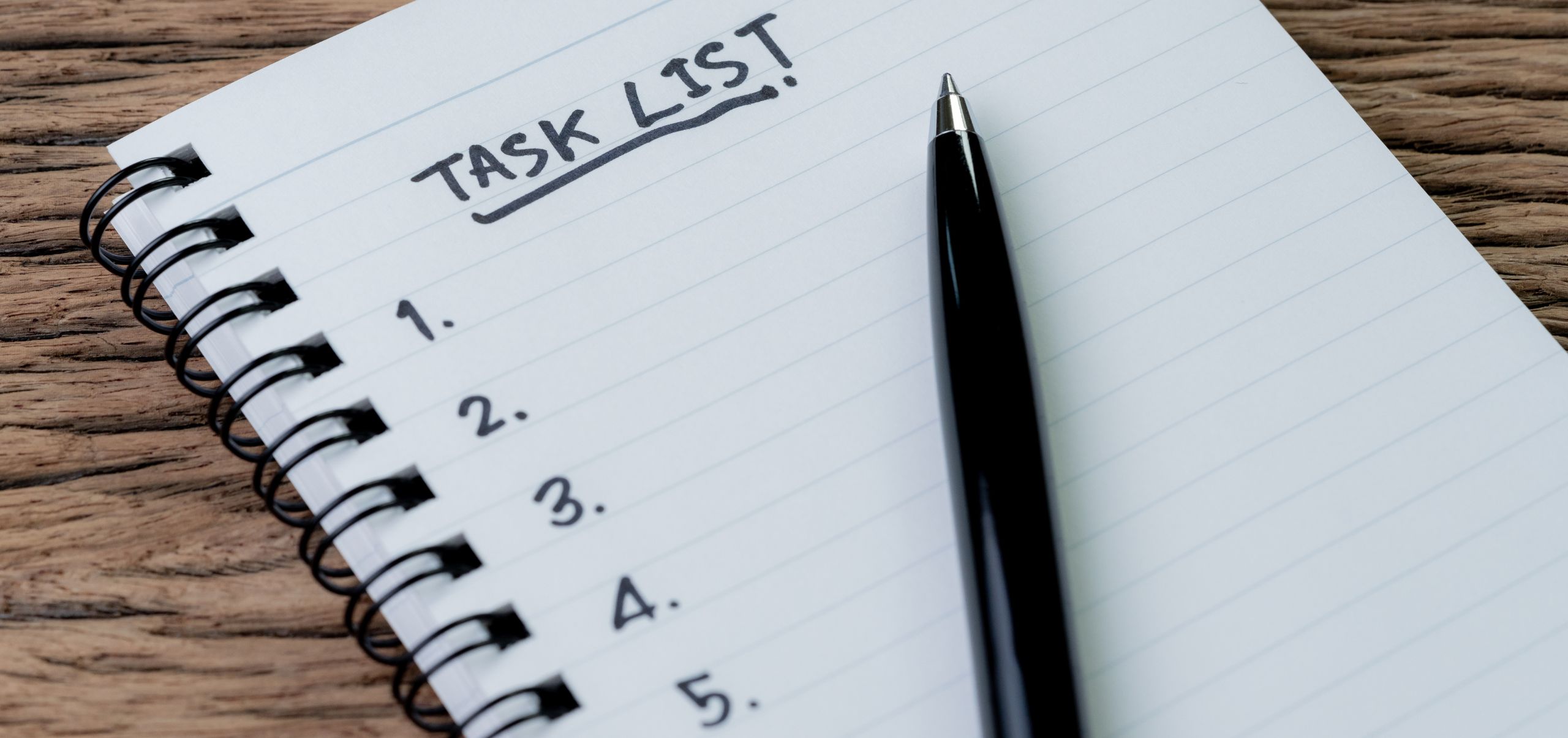Time is the most valuable resource for any professional. Managing it effectively can be the difference between stress and success, missed deadlines and opportunities, or ordinary results and exceptional performance. This guide will show you practical strategies to optimize time management, boost productivity, and achieve better results at work and in personal life.
⏱️ Key Principles of Time Management
Effective time management begins with understanding how you currently spend your time. Track your tasks, identify priorities, and analyze where energy is being wasted.
Knowing your patterns helps you focus on high-impact activities and make intentional choices about how to allocate your time. Professionals who understand these principles often accomplish more with less effort.

🔹 Prioritize Tasks for Maximum Impact
Not all tasks are equal. Start each day by identifying high-priority tasks that directly contribute to your goals.
Focusing on what truly matters ensures your energy goes to work that drives results, rather than low-impact activities. Planning priorities prevents overwhelm and keeps you on track throughout the day.

🔹 Plan Your Day Effectively
A well-structured day reduces wasted time and boosts efficiency. Create a daily schedule that blocks time for critical tasks, meetings, and breaks.
Batching similar tasks together maintains focus and reduces switching costs. Planning also helps anticipate challenges and allocate resources wisely.

🔹 Avoid Common Time Wasters
Distractions are a major productivity killer. Identify common time wasters such as unnecessary meetings, excessive social media use, or multitasking that reduces focus.
Set boundaries, mute notifications during work sessions, and dedicate specific times for email and messages. Protecting your time ensures it is spent on tasks that matter.

🔹 Delegate Tasks When Possible
Effective time management is not about doing everything yourself. Delegating tasks allows you to focus on high-value responsibilities while empowering your team or colleagues.
Provide clear instructions and expectations. Delegation not only saves time but also builds trust and strengthens teamwork.

🔹 Use Technology to Boost Efficiency
Leverage tools and apps that streamline workflow. Calendar apps, project management software, and time-tracking tools help plan, track, and optimize work.
Automation reduces repetitive tasks, while reminders and alerts keep you on schedule. Technology, when used wisely, frees up time for critical thinking and creative work.

🔹 Take Regular Breaks to Maintain Focus
Continuous work without breaks leads to burnout and decreased productivity. Use techniques like the Pomodoro method, which involves working in focused intervals followed by short breaks.
Breaks refresh your mind, improve concentration, and increase energy. Professionals who balance work and rest maintain higher performance throughout the day.

🔹 Develop Productive Habits
Consistency is key for effective time management. Develop habits like starting the day early, reviewing priorities each morning, setting deadlines, and reflecting on progress regularly.
Good habits reduce mental effort and increase efficiency. A structured routine creates a rhythm that supports better performance consistently.

🔹 Review and Optimize Your Time
Regularly assess how your time is spent. Identify tasks that consume more time than necessary and find ways to streamline or eliminate them.
Reflection allows you to adjust strategies, learn from mistakes, and continuously improve. Monitoring time helps reduce stress and achieve superior results.

💡 Final Thoughts
Effective time management combines planning, prioritizing, habit formation, and smart use of tools. By focusing on high-impact tasks, eliminating distractions, delegating effectively, and reviewing schedules regularly, you can boost productivity and achieve better performance.
Time management is about working smarter, not harder. Professionals who master these strategies gain control, reduce stress, and create space for growth and success in every aspect of life.
📌 Looking for more resources like this?
You’re in the right place. Everything on Productreneurship is free, easy to understand, and created to help everyone succeed.
